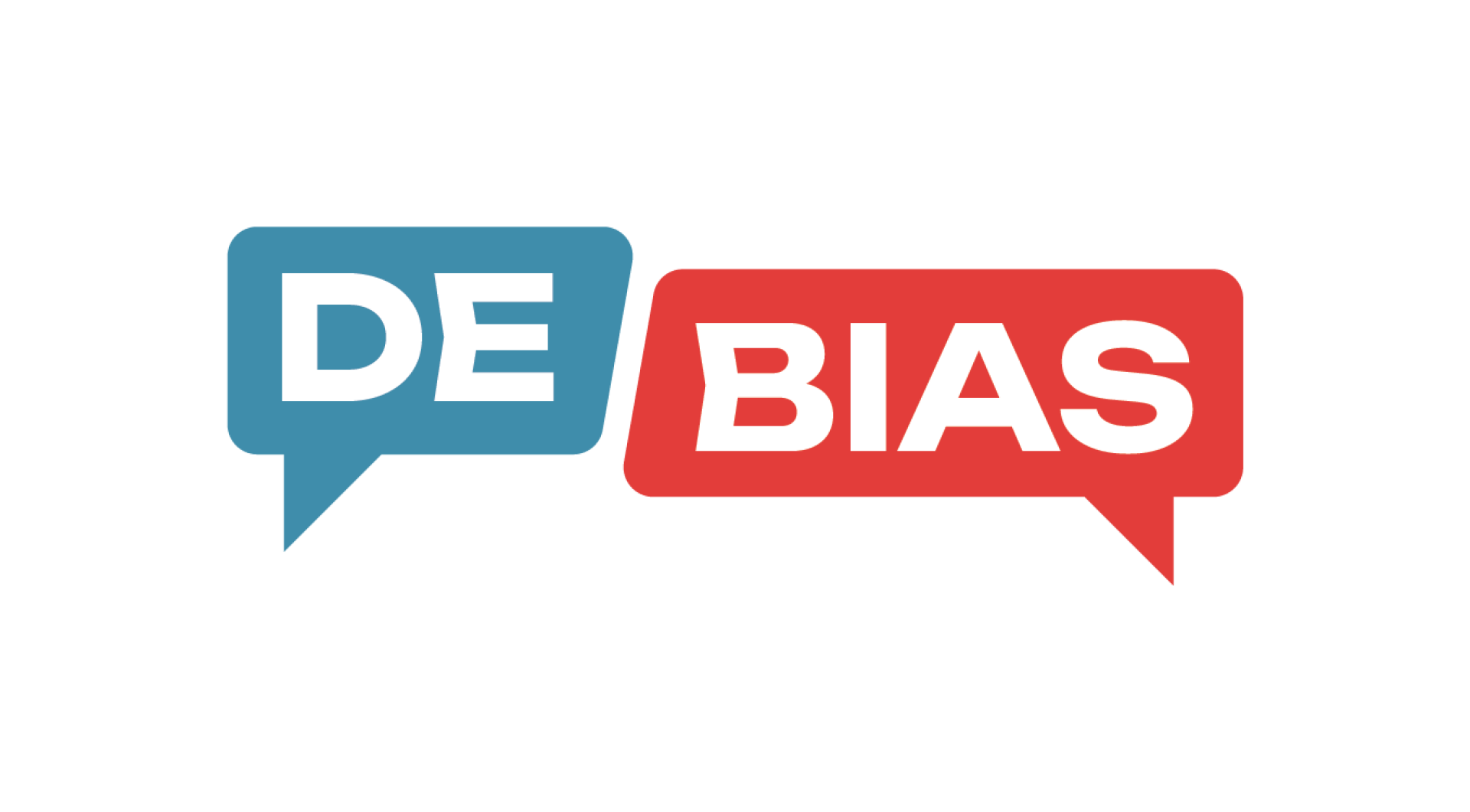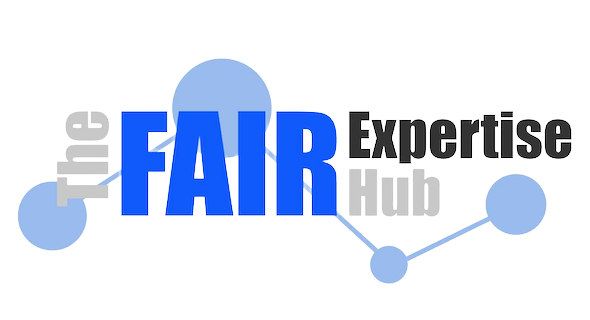Advisors
Prof. Charles Jeurgens¶
Charles is professor of archival sciences at the University of Amsterdam. His work bridges historical insights and contemporary challenges in information management and transparency. His expertise will help ensure that the guidelines developed by Combatting Bias are grounded in its historical and social context and address the power dynamics inherent in (archival) data.
Jeftha Pattikawa¶
Jeftha Pattikawa is a project manager Diversity, Equity, and Inclusion (DEI) and curator of the public program at the National Archives of the Netherlands. He is also an advisory board member of Europeana, which empowers the cultural heritage sector in its digital transformation. His expertise will help ensure the project’s outcomes address contemporary challenges of DEI, with regards representation in digital datasets.
Dr. Caroline Drieënhuizen¶
Dr. Caroline Drieënhuizen is assistant professor of Cultural History at the Faculty of Law and Humanities, Open University of the Netherlands. Her focus is on the European cultural aspects of colonialism and Indonesia’s decolonisation, approached through a museological and object-driven perspective in Indonesia, the Netherlands, and Europe. Dr. Drieënhuizen will help offer critical insights into ethical considerations and narrative framing within the project.
DE-BIAS, Netherlands Institute of Sound and Vision¶

The DE-BIAS project detects offensive language and suggests alternative language within these collections, leading to more informed wording. Their work on detecting and addressing offensive language will guide the project in developing sensitive and inclusive metadata practices.
Stevie Nolten is a researcher working on coloniality and institutional accountability. Apart from research, she is also a councillor for BIJ1 and group chairperson in Utrecht.
Isabel Beirigo is a research communications specialist working on the DE-BIAS project and is a member of the working group on decolonisation, at the International Council of Museums (ICOM).
Monique Groot is a product manager of research and cultural heritage.
Layan Nijem¶
Layan is the project coordinator for the project Decolonizing South East Asian Sounds (DeCoSEAS). Their focus on non-textual sources of knowledge challenges traditional data paradigms, and will enrich the project with broader methodological perspectives.
District Six Museum¶

The museum, located in the former residential area of District Six in Cape Town, South Africa, was established in 1994 as a tribute to the 60,000 forcibly relocated residents of various races during the 1970s Apartheid era. It not only commemorates this period but also actively participates in the reconstruction of the neighbourhood. These efforts aim to foster a community where dignity, identity, and the coexistence of different races are respected and celebrated. Their experiences in memorialisation and community engagement through the lens of apartheid’s history will inform the project’s approach to addressing historical injustices and biases.
The two advisors from District Six Museum are:
Mandy Sanger, as the Head of Education at the District Six Museum, facilitates youth and community engagement through creative, hands-on experiences. Her work focuses on fostering resilience and solidarity, challenging societal norms of power and privilege, and promoting an egalitarian future through anti-racism programs and reimagining public spaces with a humanising approach.
Tina Smith, Head of Collections at the District Six Museum, has played a pivotal role in the development of the museum’s curatorial framework and her work seeks to address ways of rethinking notions of memorialisation.
FAIR Expertise Hub, Open Data Infrastructure for Social Science and Economic Innovations (ODISSEI)¶

The FAIR Expertise Hub help communities establish their data management plans for adapting FAIR principles using their FAIR Implementation Profile. Their expertise will ensure that the project’s guidelines are technically sound and its implementation is aligned with FAIR principles.
The two advisors from this project are:
Angelica M. Maineri is a data manager at ODISSEI, where she works to enhance data accessibility for the social science research community, implementing FAIR principles and developing resources like the ODISSEI code library.
Shuai Wang is a scientific engineer at the FAIR Expertise Hub.
Global Data Lab (GDL)¶

GDL, situated at the Nijmegen School of Management, Radboud University, is an independent centre focusing on data and research. Utilising over 500 household survey datasets, GDL has created a comprehensive database encompassing information on 35 million individuals across 130+ countries, primarily in low- and middle-income regions. GDL’s work involves conducting research and developing specialised databases, indices, and tools for monitoring and analysing societal status and progress. GDL’s work on societal status and progress in low- and middle-income countries will inform the project’s efforts to create inclusive data guidelines for the social sciences that reflect diverse global contexts and contribute to addressing historical and contemporary inequalities.
Prof. Natascha Wagner is a professor of International Economics at the Nijmegen School of Management at Radboud University, Netherlands and the director of the GDL.
HAICU¶

The HAICu project brings together AI and Digital Humanities researchers, heritage professionals, and interested citizens to work together to achieve scientific breakthroughs in order to open up, link, and analyse large-scale digital heritage collections.
Prof. Julia Noordegraaf is professor of Digital Heritage and director of the Amsterdam Center of Cultural Heritage and Identity (ACHI) at the University of Amsterdam.
Hub Global Labour Conflicts¶
The Hub Global Labour Conflicts provides scholars, students, activists, and other interested audiences with historical and contemporary data on workers’ collective actions. The project is currently expanding its scope to include data from all over the world, as well as reconsidering concepts around labour. It aims to be a central resource for freely accessible global labour conflict data.
Jens Aurich is a junior researcher at the International Institute of Social History. For the Hub Global Labour Conflicts, he develops digital workflows for the collection of data on collective action from digitized sources.